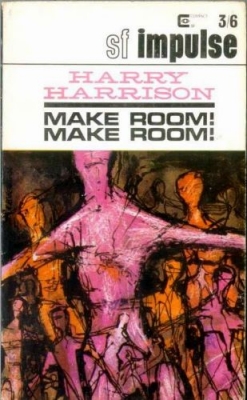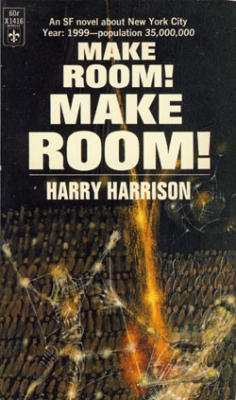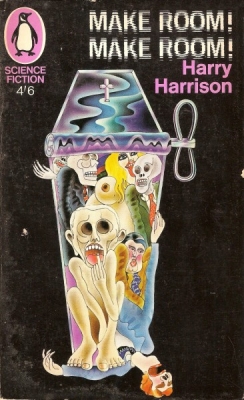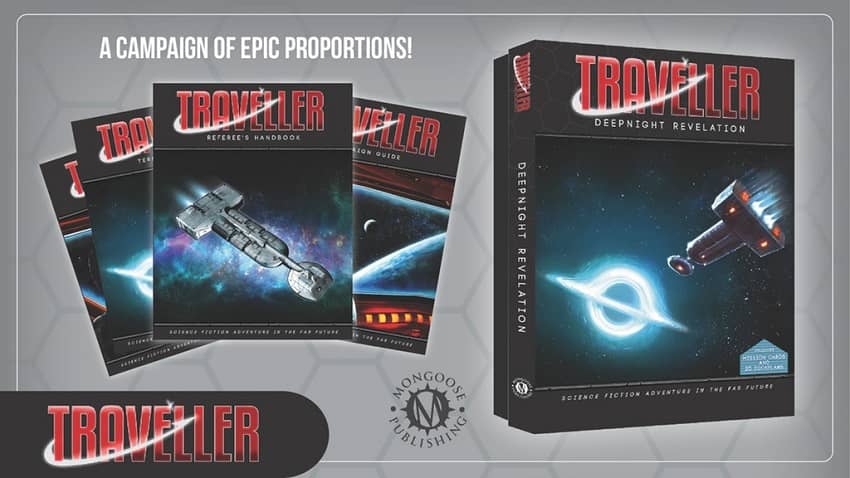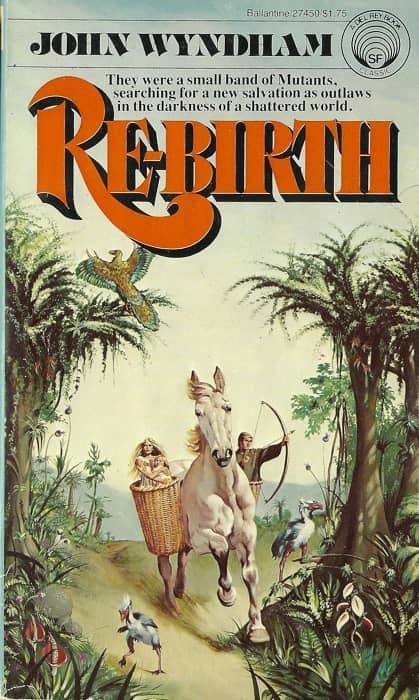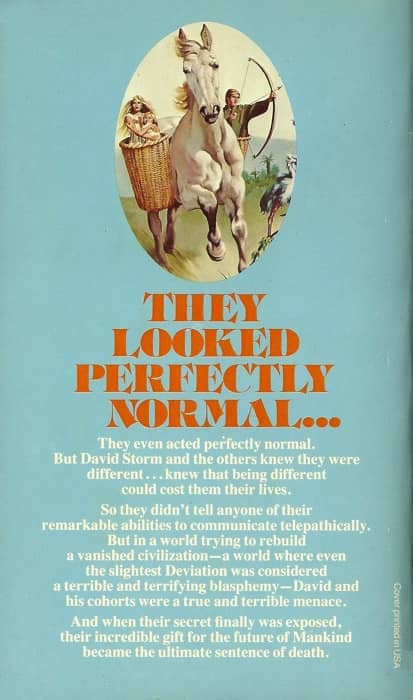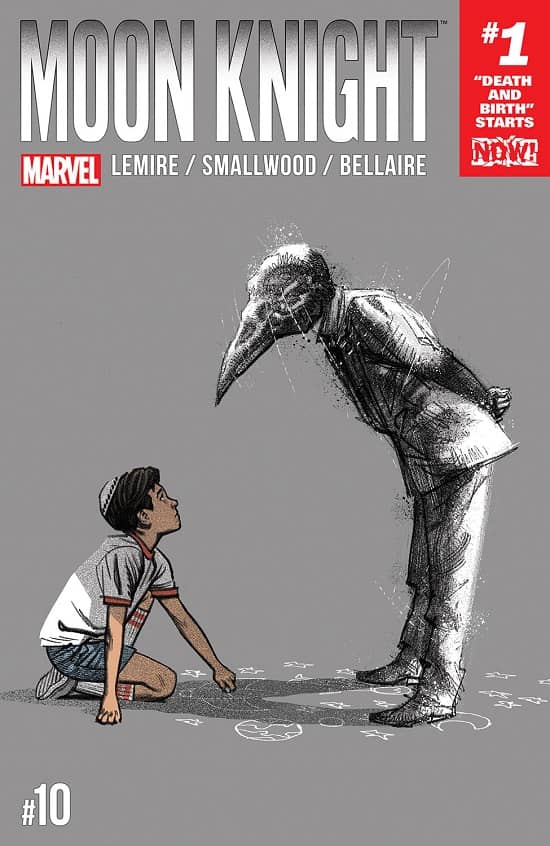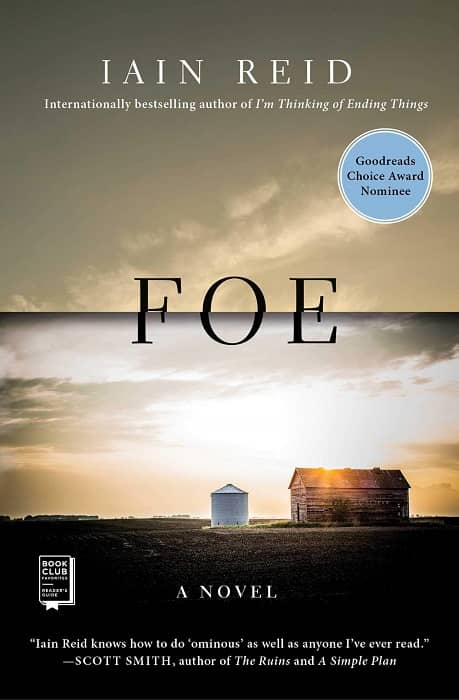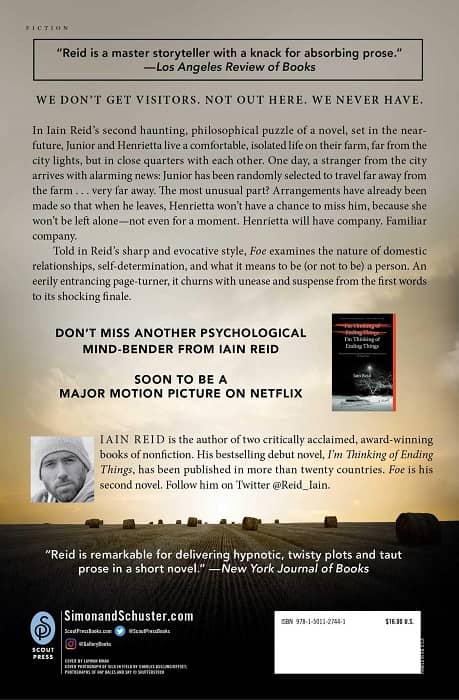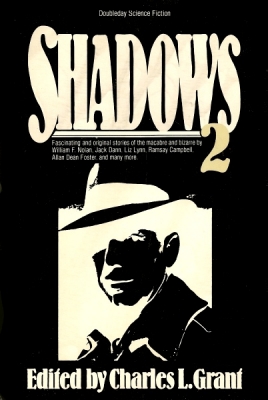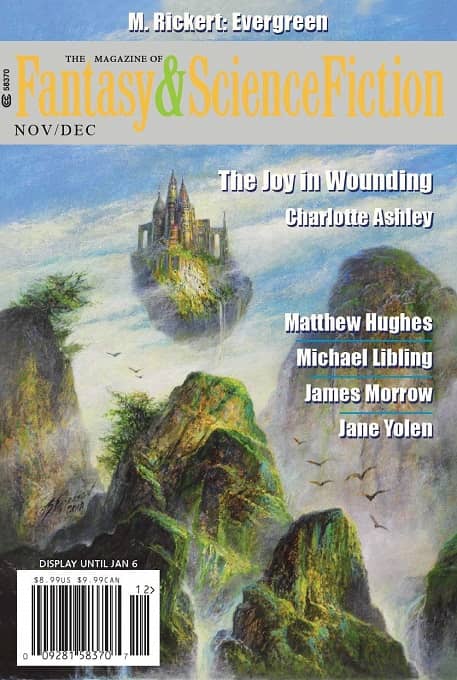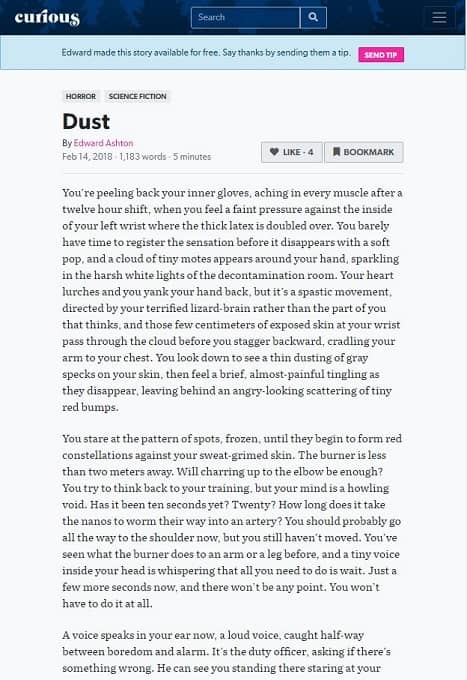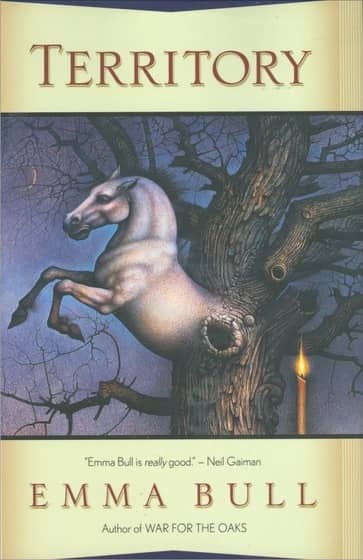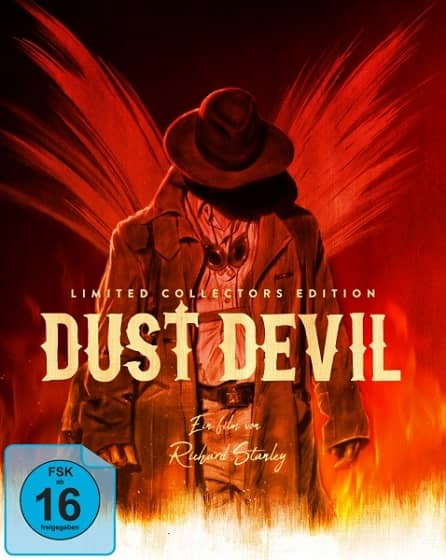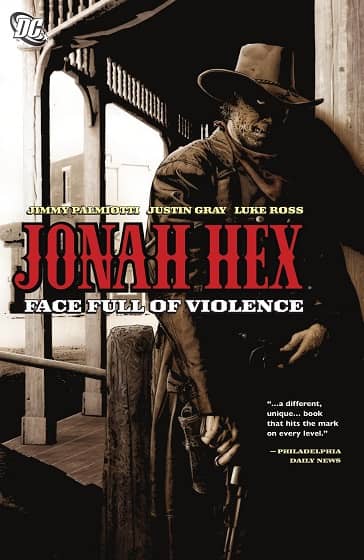Black Gate Online Fiction: ‘The Jarvis Pendragon Files – The Adventure of the Speckled Band’

My friend Sherlock Holmes, with whom I shared lodgings and adventures, had already breakfasted and was slumped in his favorite chair when I descended to our sitting one room one November morning. From the discarded newspapers strewn about the floor, I knew that he had failed to find one of those interesting crimes which so intrigued him.
Shortly after hearing my footsteps on the stairs, Mrs. Hudson arrived with fresh coffee, some fish left over from the previous night’s meal, devilled kidneys (which Holmes despised), bacon and toast. As Holmes had rather churlishly replied to my greeting, I set to breaking my fast.
After the dishes had been cleared away and I was settled in my own chair, sorting through the post, I held a letter out towards him. “Here’s one for you, Holmes. From a “Jarvis Pendragon, DC.”
I looked at him, puzzled. “What does ‘DC’ stand for?”
He broke through the malaise enough to negligently wave a hand. “Who knows? Pray, read it. Perhaps it will enliven this otherwise intolerably boring morning.”
I have mentioned before in these recountings of Sherlock Holmes’ cases, that humility is not a trait for which he has much admiration. On more than one occasion, he has identified modesty not as a virtue, but as a distortion of the truth. And I have excluded many of his own statements about his powers of observation and deduction that were quite the opposite of ‘humble.’
Of course, his belief in his talents and abilities, which he had honed to razor sharpness, were justified. But, as his roommate, companion, and if I may add, useful assistant, on his adventures, his self-aggrandizement could be more than a trifle wearying.
So, it was with some amusement, as I was to discover, that I read aloud his letter.
But first, he forestalled me with an upraised hand. “Be not so hasty, Watson. What can you tell me from an inspection of the envelope?”
I turned it over in my hands slowly, my eyes scanning the surface for any clues or hints.
“Brighton postmark. Common envelope. Careful handwriting on the address. Clearly legible. I see nothing else of note, Holmes.”
He shook his head in disapproval, but said nothing.
